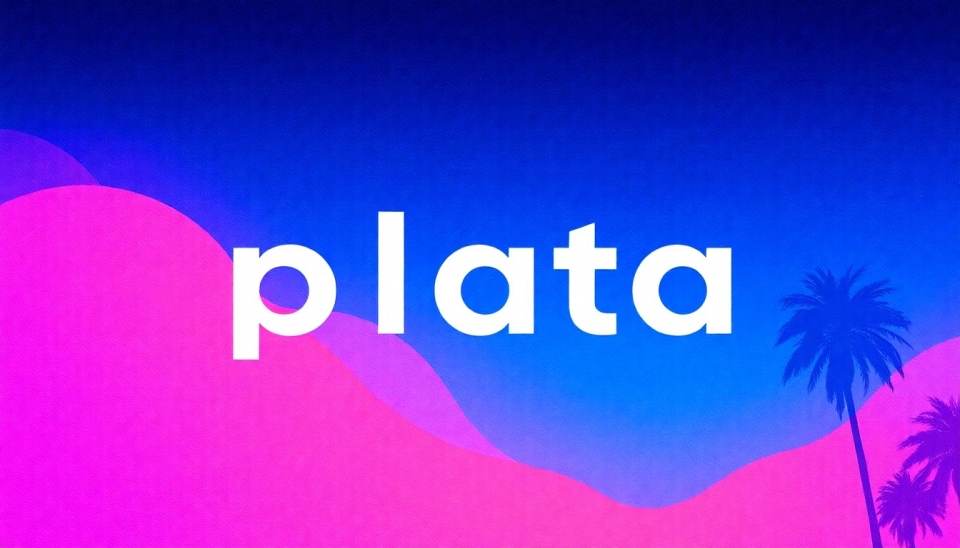
In a significant move that could reshape the landscape for gig economy employees, Mexico's Congress is currently deliberating a proposal aimed at establishing minimum wage benefits for workers engaged in app-based jobs. This initiative comes as part of a broader effort to address the growing concerns surrounding labor rights and earnings for those who contribute to the nation's digital workforce.
The proposal is driven by the increasing number of workers relying on platform-based jobs, such as ride-sharing services, food delivery, and other gig economy opportunities. Advocates argue that these workers often find themselves in precarious financial situations, lacking the protections and benefits typically afforded to traditional employees. As the gig economy continues to expand, so too does the urgency for legislation that safeguards workers' rights and ensures fair compensation.
Supporters of the initiative highlight the necessity for a legal framework that not only mandates a minimum wage but also offers additional benefits, such as healthcare and paid time off. In a country where income inequality remains a pressing issue, the enactment of such regulations could significantly improve the quality of life for thousands of individuals who currently face unstable working conditions.
The conversation around app worker compensation in Mexico is part of a global trend, as countries worldwide grapple with the implications of the gig economy. With tech platforms gaining unprecedented popularity, many nations are reconsidering their labor laws to include protections for those who operate outside traditional employment structures. Mexico's potential legislative changes mirror similar movements seen in Europe, where governments have begun to implement regulations ensuring fair treatment for gig workers.
However, the proposal has met with opposition from some business leaders and app-based companies, who argue that imposing minimum wage requirements could hinder job creation and lead to increased operational costs. They assert that the flexibility of gig work is a crucial selling point for many workers, and that excessive regulation could ultimately drive businesses to adjust their hiring practices or limit available opportunities.
As discussions in Congress progress, both advocates and opponents of the legislation are making their voices heard, with debates focusing on the potential economic impact and the moral obligation to protect the labor force. The outcome of these deliberations will likely set a precedent for how app workers are treated in Mexico and could pave the way for similar reforms throughout the region.
The proposed legislation is anticipated to spark a larger dialogue about the future of work in an increasingly technology-driven society, illustrating the delicate balance between fostering innovation in the gig economy and ensuring fair labor practices for those who power it. As the situation develops, stakeholders on all sides are preparing for the implications of these potential changes to come.
As Congress continues to weigh the merits of this proposal, many workers remain hopeful for a resolution that acknowledges their contributions while providing necessary protections. The decision made in the coming months could not only impact the immediate workforce landscape in Mexico but also influence global discussions surrounding gig economy regulations and worker rights.
In the backdrop of economic challenges and evolving labor norms, the push for minimum wage benefits highlights the pressing need for equitable compensation and robust protections in a rapidly changing world.
#Mexico #GigEconomy #AppWorkers #MinimumWage #LaborRights #EconomicJustice #WorkerProtection #TechIndustry
Author: Liam Carter




